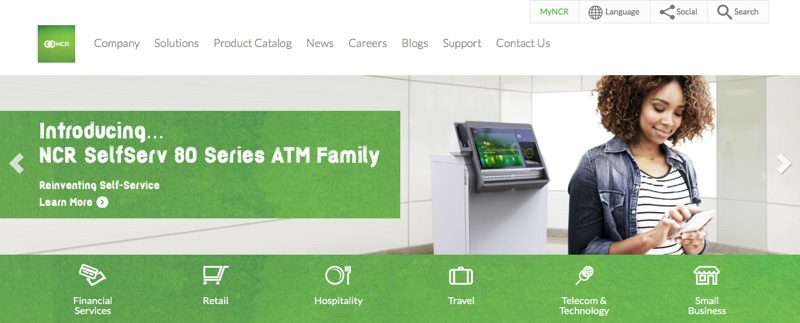
Technology from NCR will help drive a new initiative to modernize and upgrade ATMs used by Swiss banks. The project, ATMfutura, is being led by Switzerland’s SIX Group, and will standardize UI and user guidance on all ATMs in the country. The pilot begins this summer and continues through the balance of the year, with the new software from NCR, based on the company’s NCR APTRA Top Client Server, made available to all Swiss ATMs in 2018.
The goal of the ATMfutura project is to bring a common standard to Swiss ATMs – replacing more than 20 different solutions currently in use – making ATMs easier to use for customers and more cost efficient for FIs to run and manage. Among the features to be added as part of the “harmonization” of Swiss ATMs are mobile cash withdrawals using QR codes, the ability to choose cash denominations, and a voice-guided interface for customers with visual impairments. Many of these features are offered by certain Swiss banks; the ATMfutura project aims to bring these features to all Swiss ATMs.
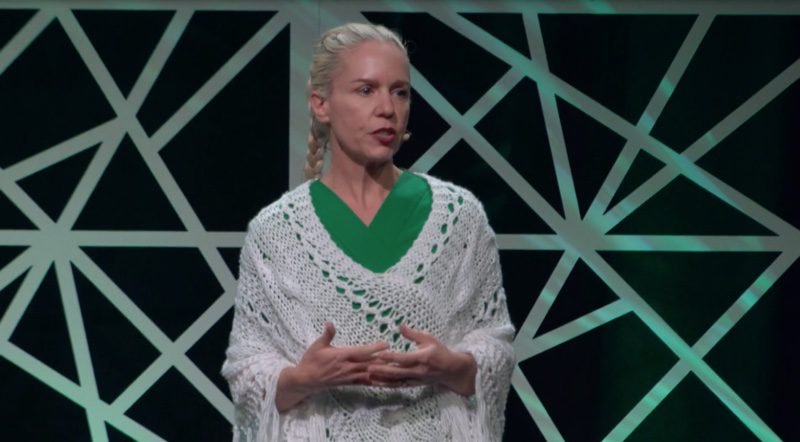
Pictured: Digital Insight Labs Product Management Co-Lead Suzan Szollar demonstrating NCR’s VR Collaboration for ATMs at FinovateSpring 2017.
“We are proud of the trust that SIX placed in us with this project,” NCR Switzerland Country Manager Paul Thuer said. “The configuration and modernization of existing components for a new, standardized ATM software platform is a complex task that requires a trusting cooperation between both parties,” Thuer explained, adding that he felt the ATMfutura project would have a positive “lighthouse effect on other countries.”
Six Payment Services Division CEO Juerg Weber called the ATM software standardization “only the first step in the ATMfutura project.” Weber sees the project eventually providing Swiss banks solutions that help them further lower costs and boost usability of their ATMs “through standardization, volume purchasing options, and optimized processes.” Weber credited NCR for having the “long term experience, flexibility, and know-how” to manage a project of ATMfutura’s scale.
Founded in 1884 and headquartered in Duluth, Georgia, NCR demonstrated Virtual Reality Collaboration for ATMs at FinovateSpring 2017. Earlier this year, NCR introduced its SelfServ 80 Series ATMs, which feature 19-inch touch display drives and a tablet-like user interface. In February, the company announced that Bottomline Technologies had integrated NCR’s intelligent transaction processing platform, Authentic, into its Direct Faster Payment Service solution.
The largest provider of multivendor ATM software in the world, NCR is traded on the New York Stock Exchange under the ticker symbol “NCR.” The company has a market capitalization of $5 billion, and includes Finovate alum, Digital Insight, among its subsidiaries. Each day, NCR’s software, hardware, and services enable nearly 700 million transactions in verticals ranging from retail and hospitality to financial services and technology. William Nuti is CEO and Chairman.


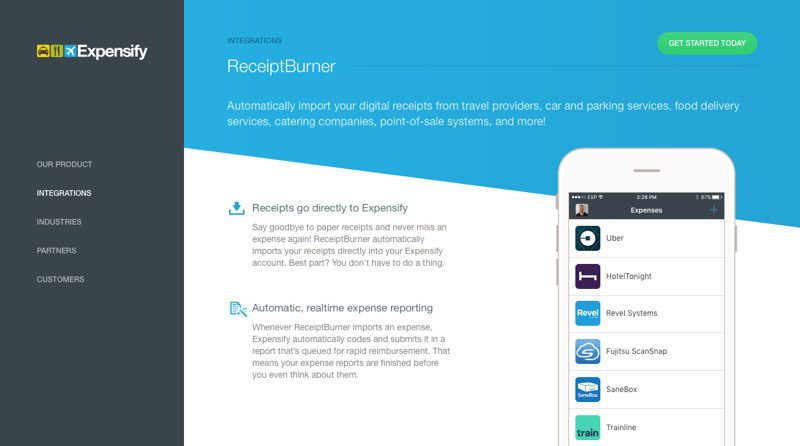
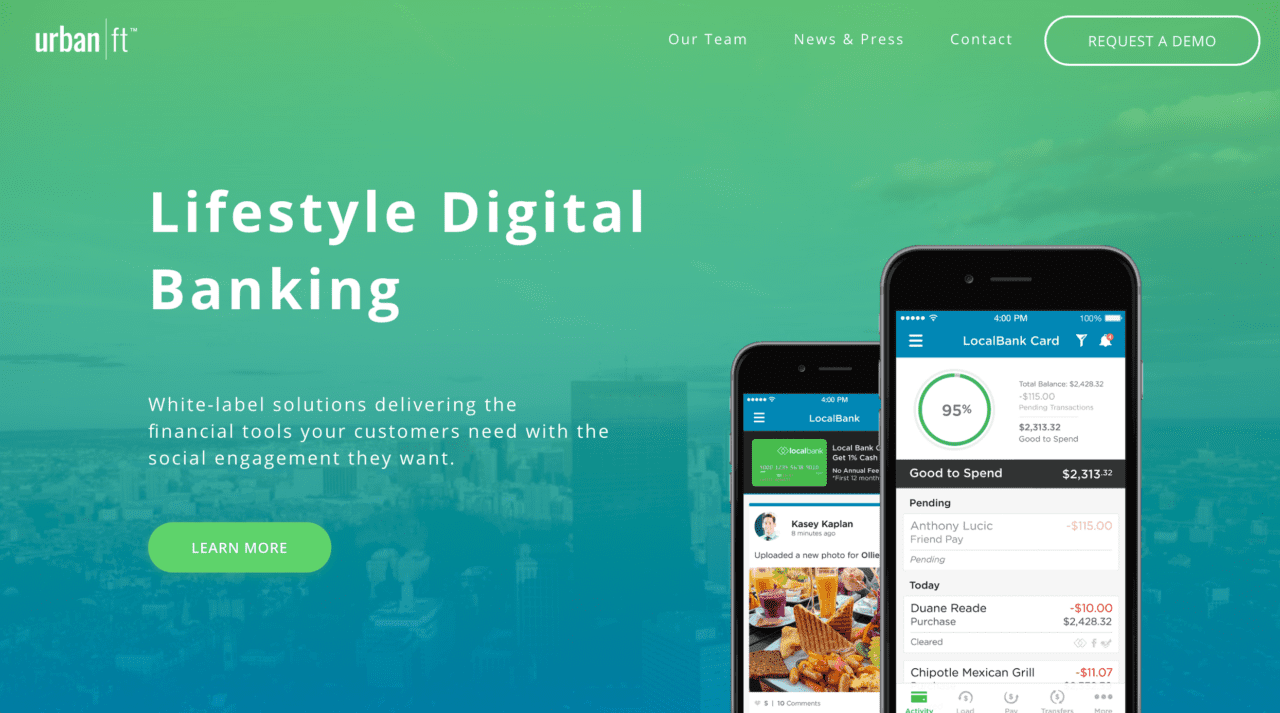

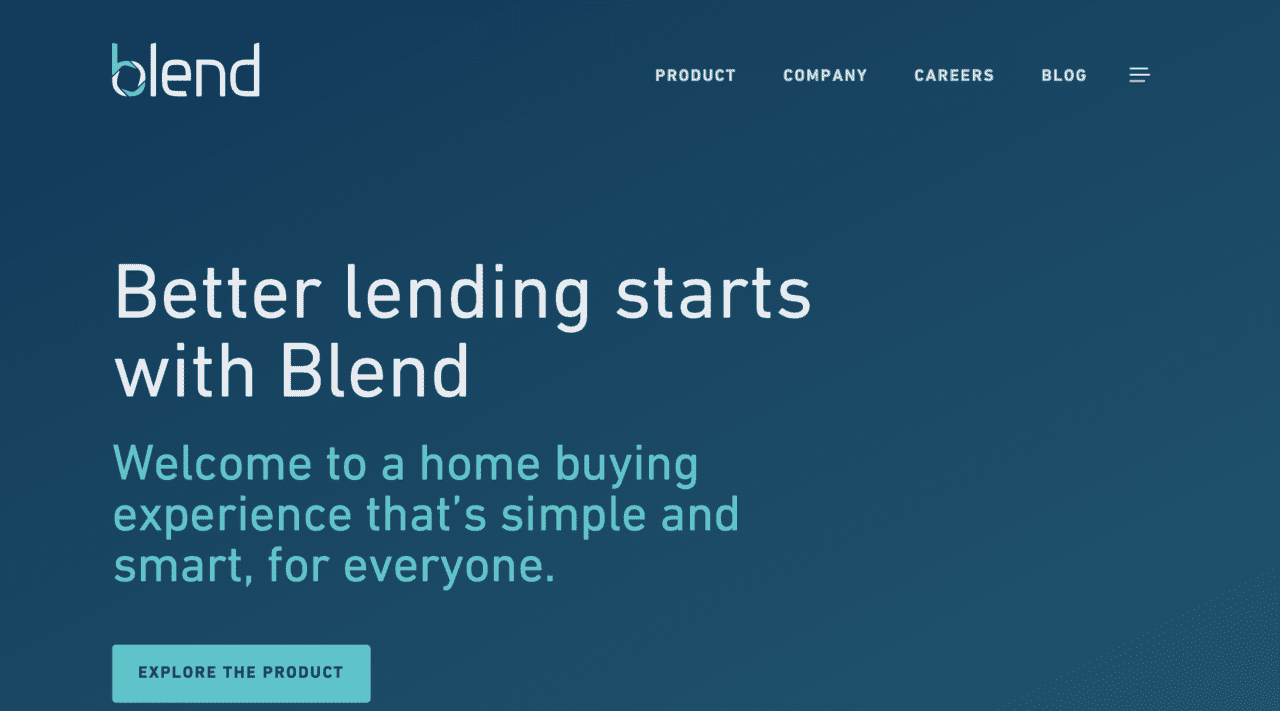
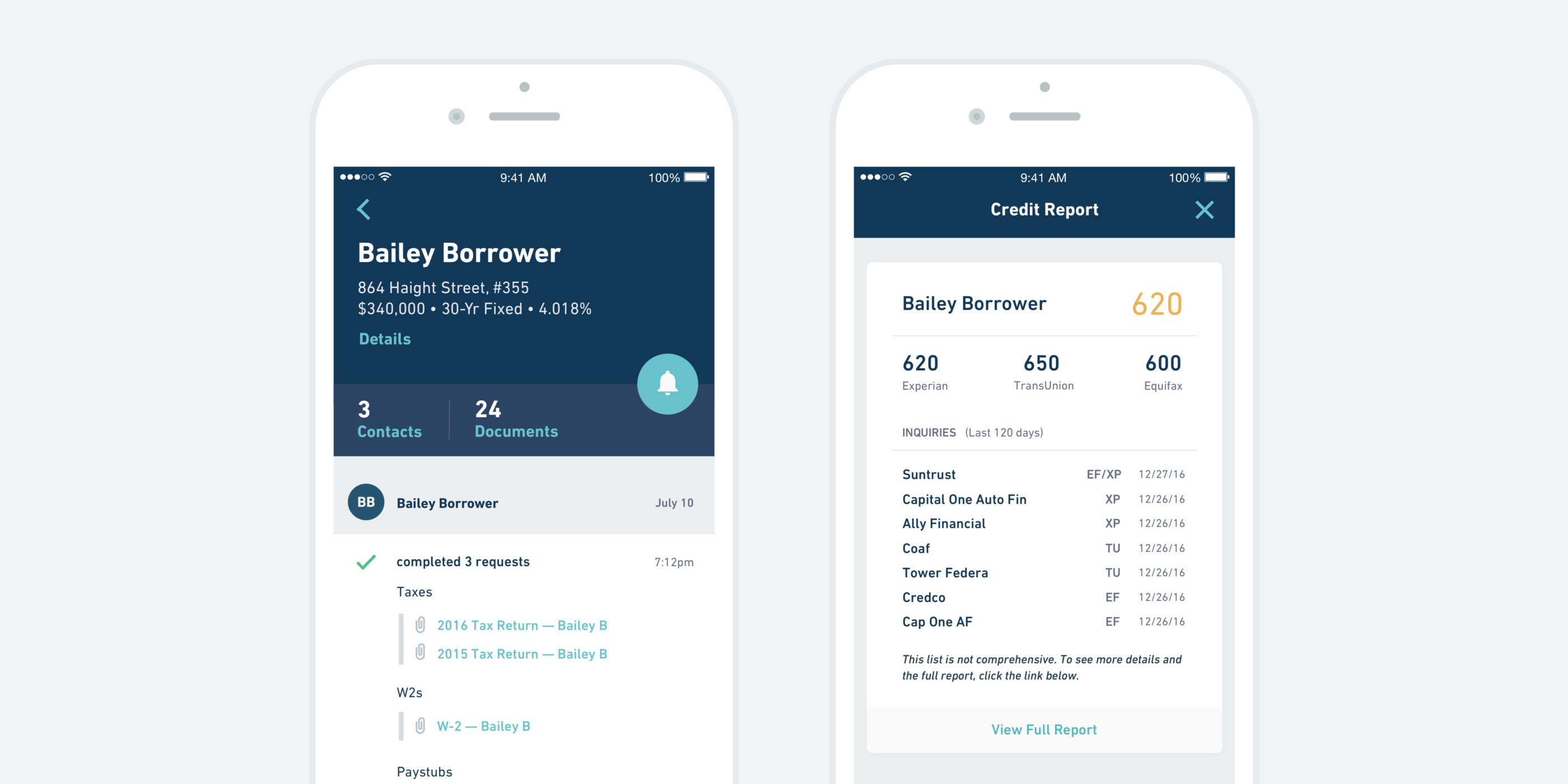




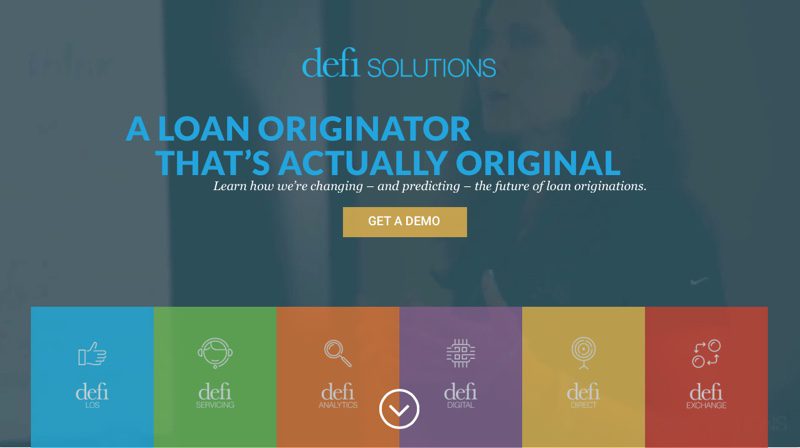
 as we continue to expand and provide even greater value to our lenders,” Muntz said.
as we continue to expand and provide even greater value to our lenders,” Muntz said.